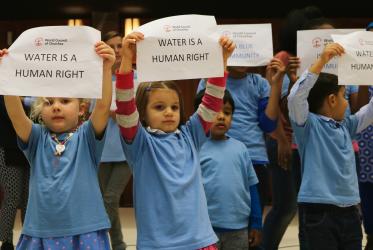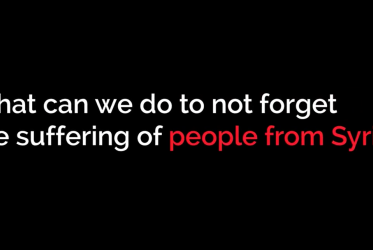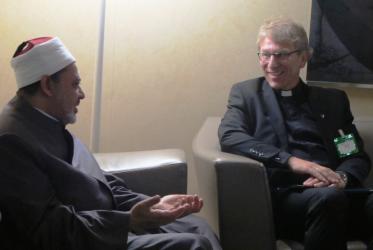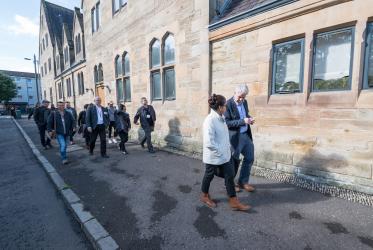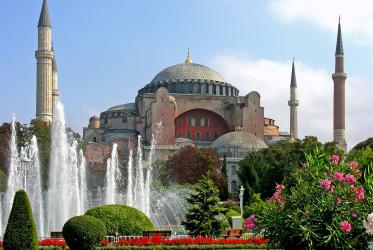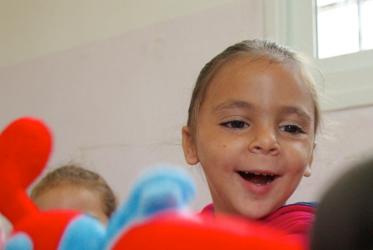Displaying 161 - 180 of 304
Grand Imam calls for collaboration against violence and poverty
06 October 2016
Dialogue flourishes between WCC, Muslim Council of Elders
30 September 2016
Religious leaders of many faiths talk peace in Assisi
21 September 2016
Owe Boersma will strive for equilibrium as EAPPI coordinator
18 August 2016
Facilitating peace with passion
26 July 2016
